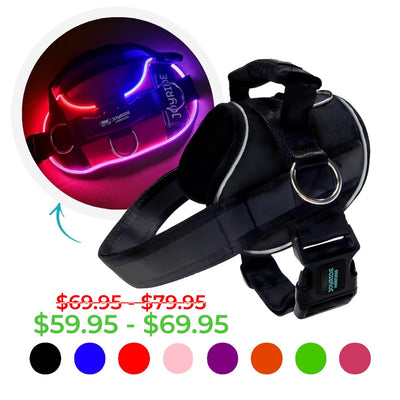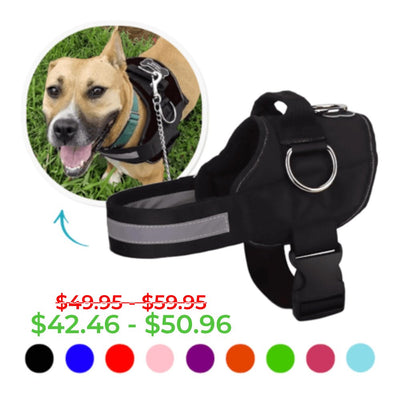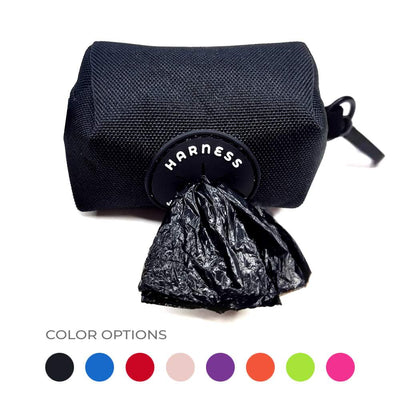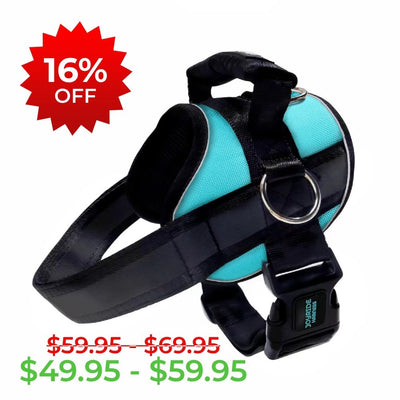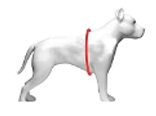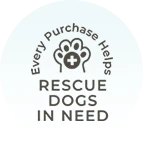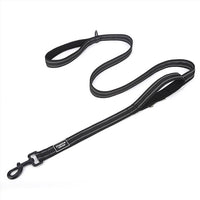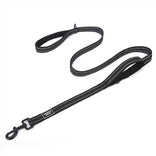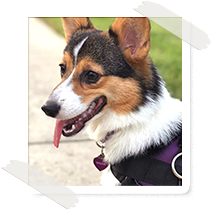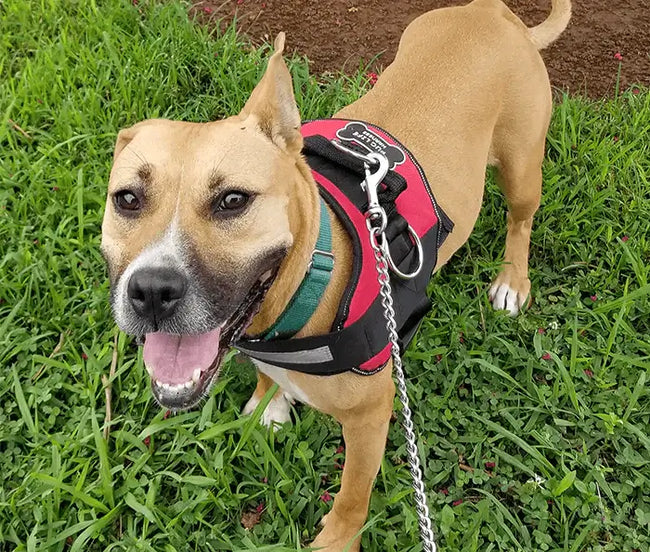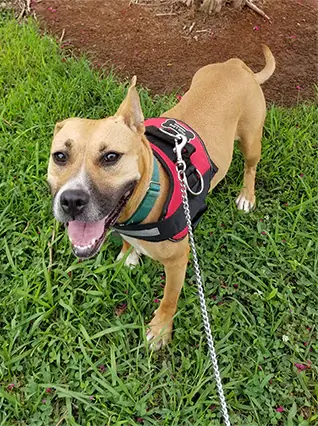Why Is Your Dog’s Stomach Rumbling?
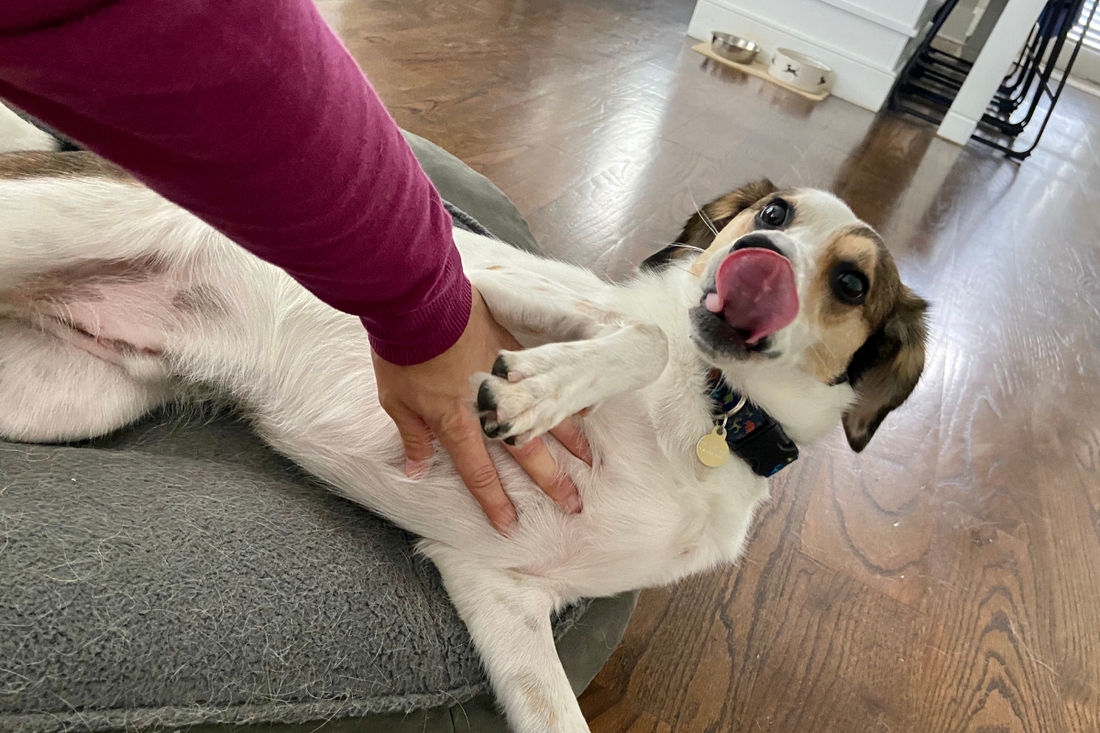
If you've ever noticed your dog’s belly making strange rumbling or gurgling sounds, you’re not alone. While these noises might seem unusual—or even concerning—they're often a routine part of digestion. However, some cases do indicate that something more serious may be going on. Understanding when to monitor and when to act can help keep your dog comfortable and healthy.
What Causes a Dog’s Stomach to Gurgle?

Your dog’s stomach makes noises for many of the same reasons ours do. These sounds, known scientifically as borborygmi, typically occur when gas and fluid move through the gastrointestinal tract. This movement is driven by peristalsis—a natural process in which muscles in the GI tract contract in rhythmic waves to push food through the digestive system.
In many cases, this is simply a sign that digestion is happening. You might hear gurgling after meals or during periods of rest, when digestion kicks into gear. But there are several other reasons these noises might become more pronounced.
Common Reasons for Gurgling Sounds in Dogs
1. Hunger
When a dog’s stomach is empty, sounds are more audible due to the lack of food muffling the movement of air and digestive fluids. This is often why your dog’s belly gets louder when mealtime is near.
2. Digestive Upset
An increase in stomach noise may signal gastrointestinal distress, especially if accompanied by symptoms like diarrhea. Food moving too quickly through the intestines can result in excessive gurgling.
3. Dietary Changes or Indiscretions
Switching foods too quickly or consuming something new (especially table scraps or garbage) can cause temporary digestive upset. This often leads to extra gas, discomfort, and stomach rumbling.
4. Intestinal Blockage
If your dog has eaten something indigestible—such as a sock, toy, or bone fragment—it can block the passage of food and fluid. This may cause a buildup of gas and loud stomach noises. Bowel obstructions are medical emergencies and should be addressed immediately by a vet.
5. Gastrointestinal Illnesses
Dogs with chronic conditions like inflammatory bowel disease (IBD) or exocrine pancreatic insufficiency (EPI) often experience increased gurgling due to disrupted digestion. These disorders require ongoing management and veterinary care.
6. Parasites or Bacterial Infections
Giardia, E. coli, and other intestinal parasites or bacteria can inflame the digestive tract, impair nutrient absorption, and lead to more frequent gurgling noises. These infections may also cause diarrhea and vomiting.
7. Excess Gas
Gas is another common cause. It can occur when dogs eat something that doesn’t agree with them, or when they consume high-fiber carbohydrates. Some dogs also swallow air when panting or eating too quickly, which adds to the gassy buildup.
When Should You Be Concerned?

Occasional gurgling is usually no cause for concern. However, it’s important to monitor for additional symptoms that could suggest a more serious issue. Call your vet if your dog experiences:
-
Vomiting or retching
-
Ongoing or severe diarrhea
-
Loss of appetite
-
Lethargy or abnormal behavior
-
Signs of abdominal discomfort (e.g., hunching, restlessness)
Pay attention to how your dog acts in conjunction with the noise. A dog who is otherwise active, eating well, and producing normal stools likely doesn’t require medical attention.
How to Help at Home

If your dog seems healthy but the stomach noises are frequent or bothersome, you can try a few home strategies to minimize them:
-
Keep Your Dog Hydrated - Clean water helps keep things moving and supports digestive function.
-
Use a Slow Feeder Bowl - Slows down fast eaters, reducing swallowed air and excess gas.
-
Serve Smaller, More Frequent Meals - Reduces hunger noise and supports steady digestion.
-
Avoid Overfeeding - Stick to appropriate portion sizes to avoid overloading the stomach.
-
Try Calming Treats - Useful for anxious dogs who gulp air while panting.
Support Healthy Digestion with Joyride’s Kitchen Chicken Treats
If you're looking for a treat that’s easy on the stomach and big on flavor, check out Joyride’s Kitchen Freeze-Dried Chicken Dog Treats.
Made with just a few simple, wholesome ingredients—real USDA chicken, flaxseed, and Vitamin E—these treats are perfect for dogs with sensitive tummies or dietary restrictions. They're:
-
Single-protein & easily digestible – Great for dogs prone to digestive upset.
-
Free from fillers, artificial preservatives, and junk ingredients – Only the good stuff.
-
High in protein and rich in Omega-3s from flaxseed – Which supports coat, joint, and gut health.
Whether you’re managing gurgly stomachs or just want a guilt-free reward, Joyride’s Kitchen treats are a clean, crave-worthy option. Use them as a training reward, a food topper, or simply a token of love after a quiet, rumble-free nap.
Stomach gurgling in dogs is often just a normal part of the digestive process. But as with most things, context matters. By paying attention to your dog’s behavior, diet, and routine, you can quickly identify when it’s time for a vet visit and when your pup is simply processing a meal.
Making small changes—like adjusting feeding habits or using the right tools—can make a big difference. And as always, when in doubt, a quick check-in with your veterinarian can offer peace of mind.
Source: PetMD

